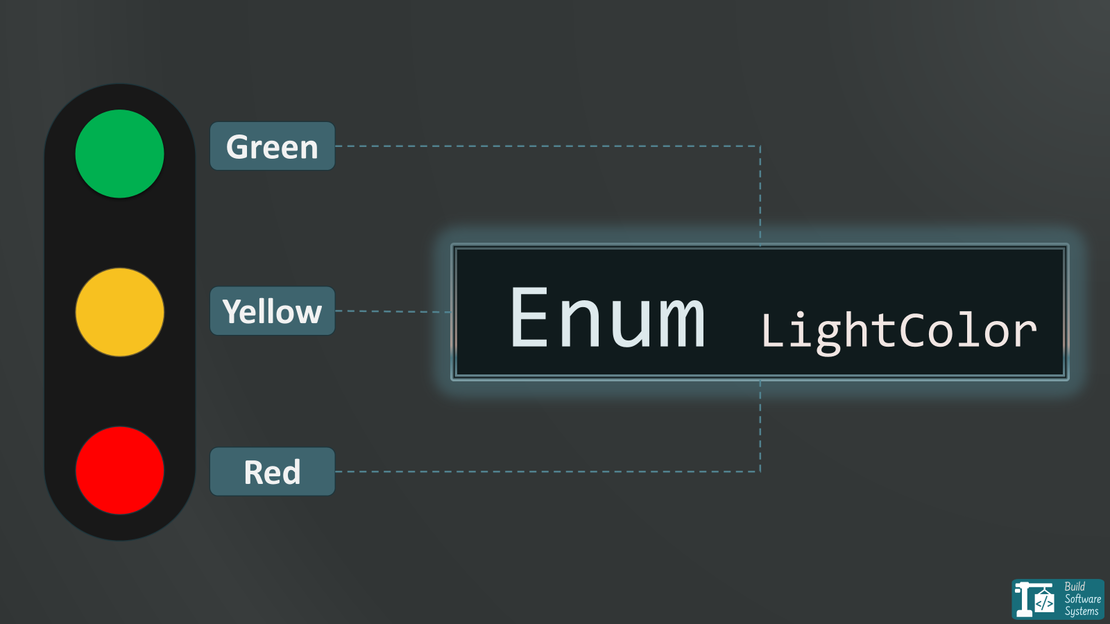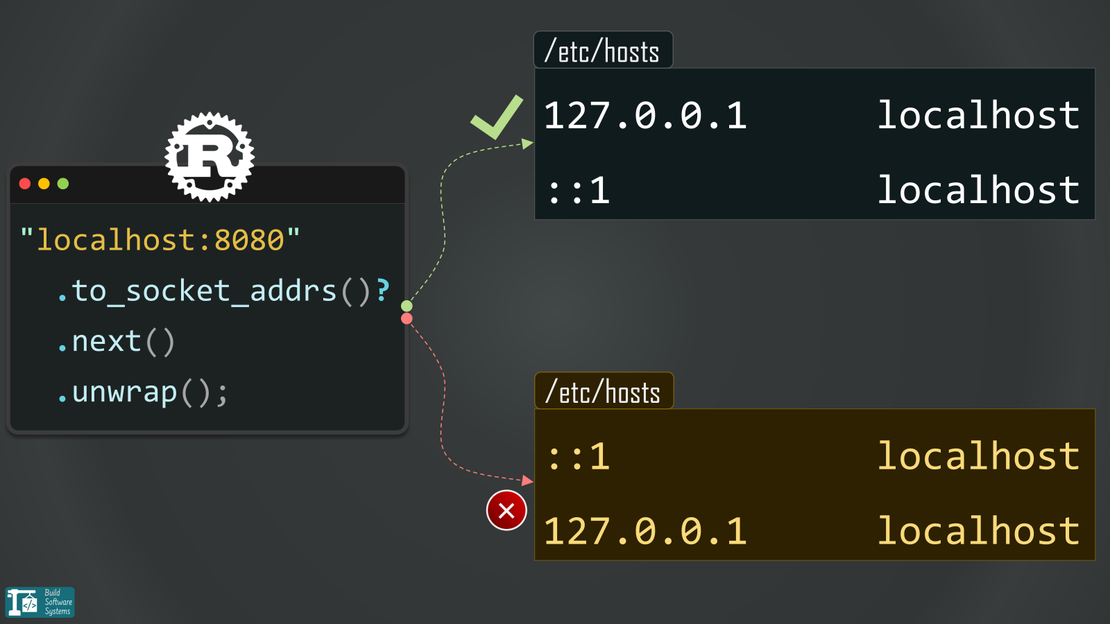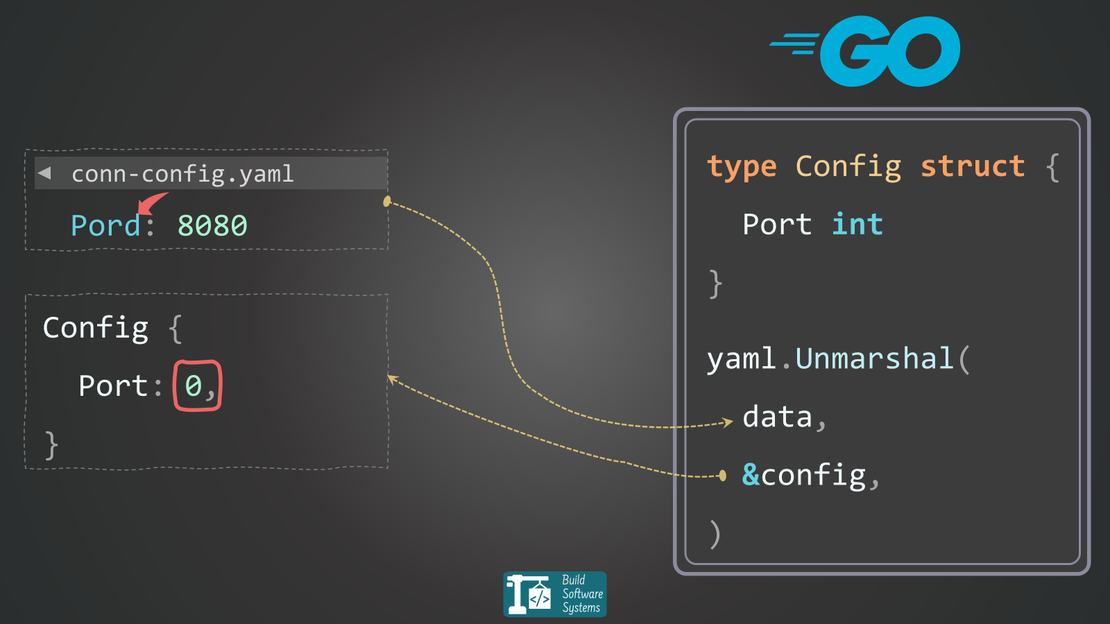
Enums vs. Constants: Why Using Enums Is Safer & Smarter
- September 29, 2025
- 8 min read
- Programming concepts
Table of Contents
Are you still using integers or strings to represent fixed categories in your code?
It’s 3 AM. Your server is down. The error message? Invalid status code: 99.
If your code relies on raw integers for statuses, this is the kind of problem that slips through — until it really matters.
Hardcoded values like "open", 1, or "error" can be mistyped, misused, or lead to “magic number” confusion. And when they cause issues, the bugs are often subtle and time-consuming to track down.
This article shows you why enums are a safer, smarter, and more modern alternative every developer should know.
We’ll explore how they’ve evolved from simple readability helpers into powerful bug-prevention tools.
What Are Enums? The “Safe List” for Your Code
At its core, an enum (short for “enumeration”) is a data type that lets you define a fixed, named set of valid values. Think of it as a “safe list” of options.
Instead of remembering that 0 means “stop,” you use TrafficLight.RED.
This simple change provides two massive benefits:
- Improved Readability: Your code becomes self-documenting.
handle_user_state(UserState.ACTIVE)is far clearer thanhandle_user_state(1). - Compile-Time Safety: The compiler catches errors if you try to use a value that isn’t on your “safe list.”
Let’s see the most common pitfalls of not using enums.
The Problem: Why ints and strings Aren’t Enough
Imagine you’re building a system to track the status of a download. You might be tempted to use plain integers:
1#define PENDING 0
2#define IN_PROGRESS 1
3#define COMPLETE 2
This improves readability for the constants, but it completely fails when you look at a function that uses them.
1void handleDownload(int s);
This function signature is broken. It tells you nothing about the category of values it expects. Is s a download state, a user ID, or a file count?
There’s no way to know without digging into the function’s documentation or code.
This lack of clarity is a major source of bugs.
Without a defined type, you can accidentally pass an invalid value, like 99. But it gets even worse.
You could also pass a value that’s semantically wrong—like a user’s age—and the compiler won’t catch a thing.
The same issue applies to strings. While "PENDING" is more readable than 0, a simple typo like "PENDINGG" goes undetected by the compiler and will only cause an error at runtime.
Strings also introduce a performance penalty. Comparing integers is significantly faster than comparing strings, which can matter in performance-critical applications.
This is where enums shine. They offer a layered solution to these problems, from simple naming conventions to rich data structures.
Layer 1: The Readability Boost (C & Go)
The most basic form of enums focuses on readability. It also provides a key benefit that simple constants cannot: type clarity in both variable definitions and function signatures.
In C, an enum is a list of named integer constants. More importantly, it creates a new, distinct type name.
1// C Enum: A readability helper
2enum TrafficLight {
3 RED, // assigned value 0
4 YELLOW, // assigned value 1
5 GREEN // assigned value 2
6};
This new type makes the intent of your code explicit.
1// With an enum, the variable's purpose is clear
2enum TrafficLight currentLightEnum = RED;
3enum TrafficLight nextLightEnum(enum TrafficLight light);
4
5// With a simple int, the variable's purpose is not obvious
6int currentLightInt = 0;
7int nextLightInt(int light);
You can also manually create a type with typedef and use constants. However, there is no visible link between the constants and the new type, which can lead to confusion.
1typedef int TrafficLightInt;
2#define RED_INT 0
3#define YELLOW_INT 1
4
5TrafficLightInt myLight = RED_INT; // The link is not explicit
A C compiler won’t stop you from passing an invalid integer (like nextLightEnum(99)).
Info
In C, enums are just integers under the hood.
However, the explicit enum TrafficLight type tells any developer what kind of data the function expects.
In Go, the iota keyword provides a convenient way to create an “enum-like” solution.
Using a custom type with iota achieves a similar level of clarity to enums in other languages.
1// Go: iota as an "enum-like" solution
2type TrafficLight int
3
4const (
5 Red TrafficLight = iota // Red = 0
6 Yellow // Yellow = 1
7 Green // Green = 2
8)
Go’s approach with a custom type TrafficLight offers a crucial type-safety advantage: You cannot accidentally pass a plain int where a TrafficLight is expected.
While a developer can still explicitly cast an invalid value (e.g., TrafficLight(99)), the need for a deliberate cast forces consciousness, making an incorrect value intentional rather than accidental.
Layer 2: The Safety Net (C++)
Modern languages evolved enums to be first-class types. The compiler treats them as unique types, providing an essential layer of type safety.
In C++, the enum class was introduced to fix the C problem.
1// C++: A true type with compile-time safety
2enum class TrafficLight { RED, YELLOW, GREEN };
3
4TrafficLight light = TrafficLight::RED;
5
6light = 42; // ❌ Compile error! This is a massive win.
By making TrafficLight its own type, the compiler can now prevent logical errors at build time, not runtime. This is the core benefit of enums.
Newsletter
Subscribe to our newsletter and stay updated.
Layer 3: The Powerhouse (Rust & Python)
Some languages take enums to the next level, turning them into powerful data modeling tools.
Rust Enums: Algebraic Data Types
Rust’s enums are a core feature of the language, used for everything from error handling to state management.
They can hold data inside their variants, making them incredibly expressive.
1// Rust: An enum that can hold different types of data
2enum Message {
3 Quit,
4 Move { x: i32, y: i32 },
5 Write(String),
6}
This single enum can represent a variety of states, each with its own associated data.
This makes them perfect for defining state machines and handling complex program logic in a type-safe way.
A major benefit is that the Rust compiler forces you to handle every possible enum variant in a match expression.
This feature, known as exhaustive pattern matching, prevents an entire class of bugs where a new enum variant is added but not handled in all parts of the code.
Python Enums: Object-Oriented Functionality
Python’s Enum class also provides rich features, allowing members to have custom values, methods, and more.
They are especially useful for representing API statuses, configuration values, or user roles.
They are also essential when using type hints (e.g., status: APIStatus), allowing static analysis tools to flag invalid values even before runtime.
1# Python: Enums with custom values and methods
2from enum import Enum
3
4class APIStatus(Enum):
5 SUCCESS = "success"
6 FAILURE = "failure"
7 RATE_LIMITED = "rate_limit"
8
9 def is_terminal_state(self):
10 return self in {APIStatus.SUCCESS, APIStatus.FAILURE}
11
12# Example usage
13print(APIStatus.SUCCESS.is_terminal_state()) # Prints True
This allows you to create self-contained objects that carry both state and behavior, making your code cleaner and more maintainable.
Advanced Use Case: Enums as Bitflags (C, C++)
In low-level programming, enums can also be used to represent a collection of independent options using bitflags.
This allows you to combine permissions or settings into a single integer for efficient storage and manipulation.
1// C: Using bitflags to combine permissions
2enum Permission {
3 READ = 1 << 0, // 1 (binary 001)
4 WRITE = 1 << 1, // 2 (binary 010)
5 EXECUTE = 1 << 2, // 4 (binary 100)
6};
7
8int user_permissions = READ | WRITE; // 3 (binary 011)
This is a classic use case where enums provide both clarity and computational efficiency.
Conclusion: Enums vs. Everything Else
| Feature | Integers (int) |
Strings ("str") |
Enums (enum) |
|---|---|---|---|
| Readability | Poor (“magic numbers”) | Good | Excellent |
| Type Safety | None | None (typos) | Yes (compiler check) |
| Performance | Fast | Slow | Fast (usually integers) |
| Data Modeling | None | Limited | Excellent |
Enums are more than just a convenience. They are a fundamental tool for writing correct, readable, and maintainable code.
They force you to think about the valid states of your program and let the compiler catch errors before they ever reach a user.
So, the next time you’re tempted to use an integer or string for a fixed set of values, remember: using a modern enum is a non-negotiable step toward writing safer, smarter, and more professional code.
Newsletter
Subscribe to our newsletter and stay updated.


